face recognition
Latest
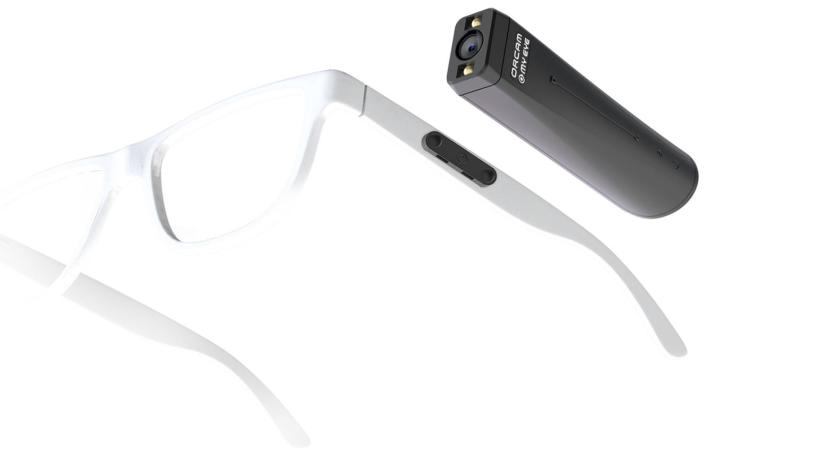
OrCam's MyEye Pro clips to glasses to help visually impaired people read and identify faces
OrCam, a company that makes products to aid accessibility for the visually impaired, has won a CES innovation award for its glasses-mounted MyEye Pro device.

ZTE shows off an under-display facial recognition system
The tech could be used in the upcoming Axon 30 Pro.
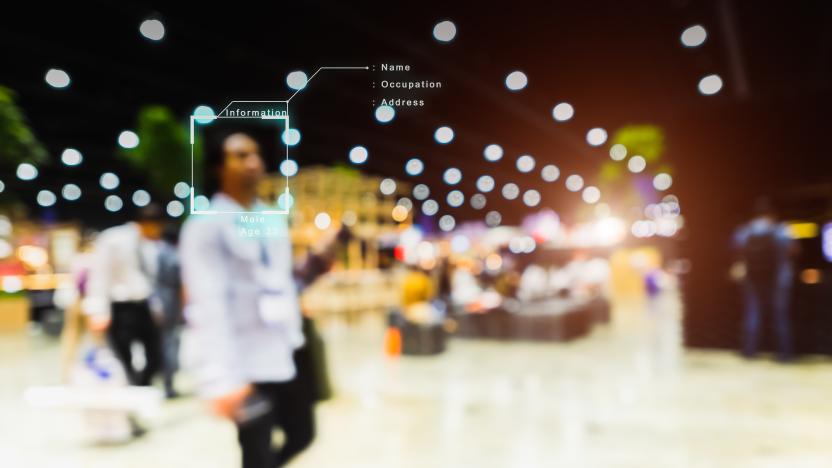
ACLU sues Clearview AI over alleged privacy violations
The ACLU has sued Clearview AI for allegedly violating Illinois privacy law through its face recognition-based surveillance technology.
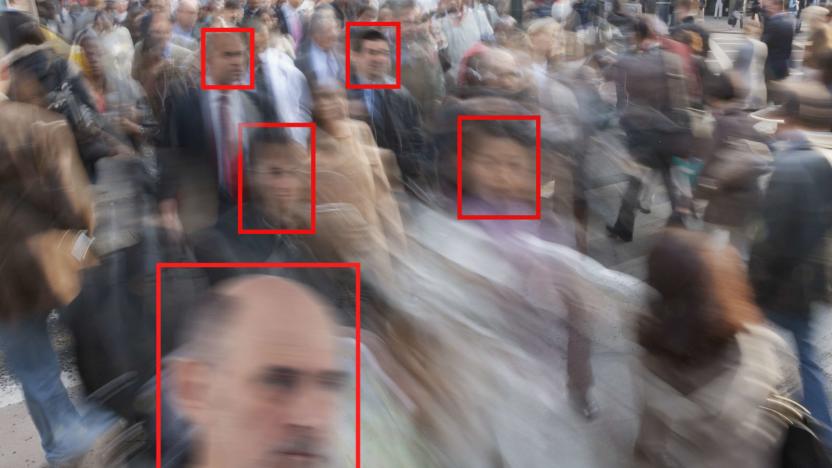
ACLU rejects Clearview AI's facial recognition accuracy claims
Clearview AI's facial recognition isn't just raising privacy issues -- there are also concerns over its accuracy claims. The ACLU has rejected Clearview's assertion that its technology is "100% accurate" based on the civil liberty group's methodology for testing Amazon's Rekognition, telling BuzzFeed News that the findings are "absurd on many levels" and amounted to "manufacturing endorsements." According to the ACLU, there are key differences that make Clearview's sales pitch misleading.
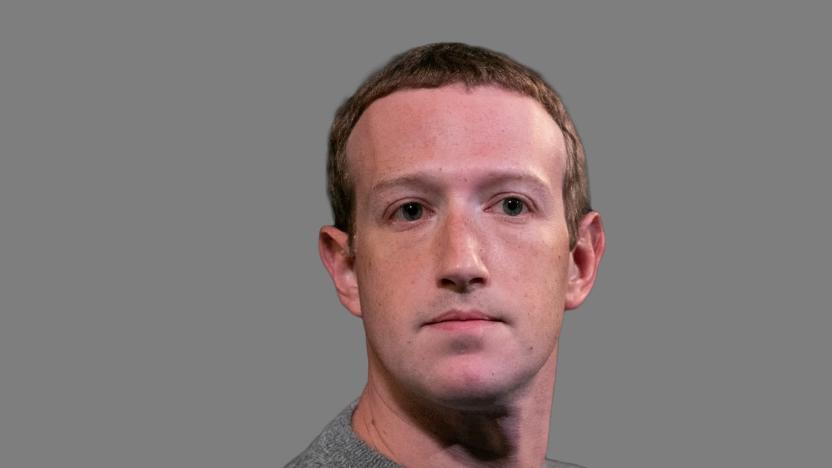
Facebook and Venmo demand Clearview AI stops scraping their data
Following Google and Twitter, Facebook has become the latest company to take legal action against controversial facial recognition startup Clearview AI. According to Buzzfeed News, the company sent a cease-and-desist letter to Clearview sometime this week, demanding that it stop taking data from Facebook and Instagram. "Scraping people's information violates our policies, which is why we've demanded that Clearview stop accessing or using information from Facebook or Instagram," a spokesperson for the company told Buzzfeed News.
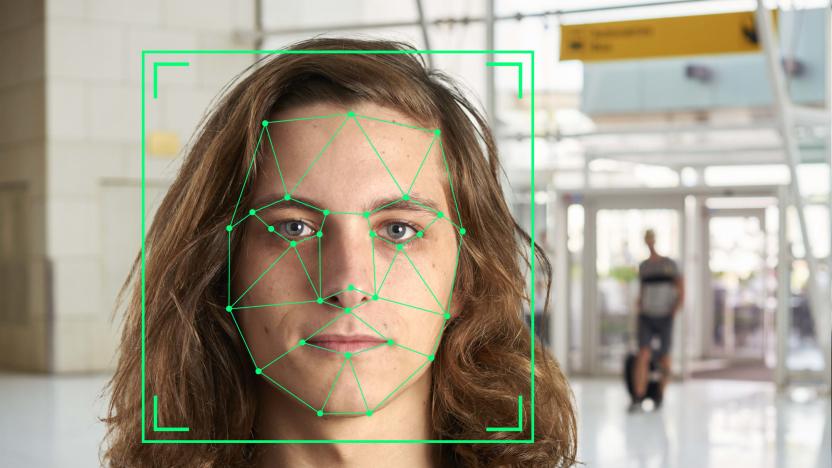
Google tells facial recognition startup Clearview AI to stop scraping photos
Following Twitter, Google and YouTube have become the latest companies to send a cease-and-desist letter to Clearview AI, the startup behind a controversial facial recognition program that more than 600 police departments across North American use. Clearview came under scrutiny earlier this year when The New York Times showed that the company had been scraping billions of images on the internet to build its database of faces. Google has demanded Clearview stop scraping YouTube videos for its database, as well as delete any photos it has already collected.

Law enforcement is using a facial recognition app with huge privacy issues
You may have good reason to be worried that police use of facial recognition might erode your privacy -- many departments are already using software with serious privacy concerns. The New York Times has learned that over 600 law enforcement agencies in the US and Canada have signed up in the past year to use software from little-known startup Clearview AI that can match uploaded photos (even those with imperfect angles) against over three billion images reportedly scraped from the web, including Facebook and YouTube. While it has apparently helped solve some cases, it also creates massive privacy concerns -- police could intimidate protesters, stalk people and otherwise abuse the system with few obstacles.

San Francisco loosens facial recognition ban to allow newer iPhones
San Francisco is learning first-hand about the risks of blanket bans on facial recognition. City supervisors have voted to amend a ban on facial recognition in local government to allow the use of FaceID-equipped iPhones and other devices where the technology is included, but other features are considered vital and don't have alternatives. Workers aren't allowed to use the facial recognition tech (they'll have to enter passcodes on iPhones, for example), but they don't have to give up a modern handset just to take calls and answer emails.
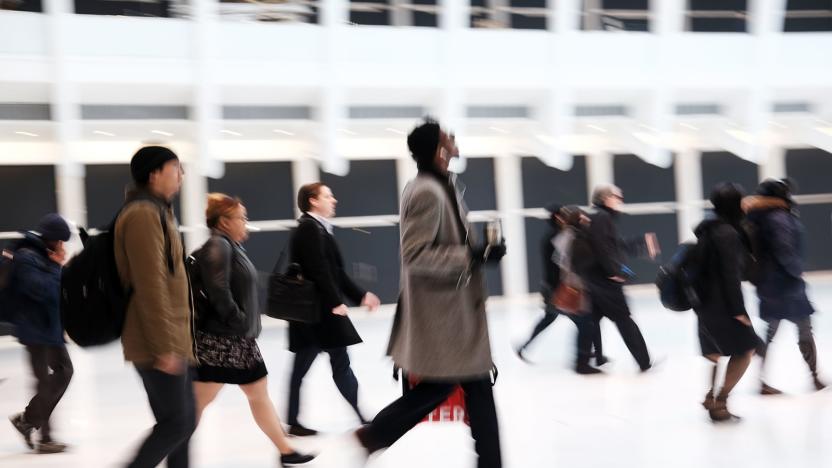
Federal study shows face recognition accuracy varies by gender and race
Researchers have studied the potential for bias in facial recognition algorithms before, but now it's the US government's turn to weigh in. The National Institute of Standards and Technology has published a study indicating "demographic differentials" in the majority of the facial recognition algorithms it tested. The report, which examined both one-to-one matching (such as verifying a passport photo) and one-to-many matching (looking for criminals in a crowd), saw noticeable surges in false positives based on gender, age and racial background -- but cautioned against this representing definitive proof of systemic bias.
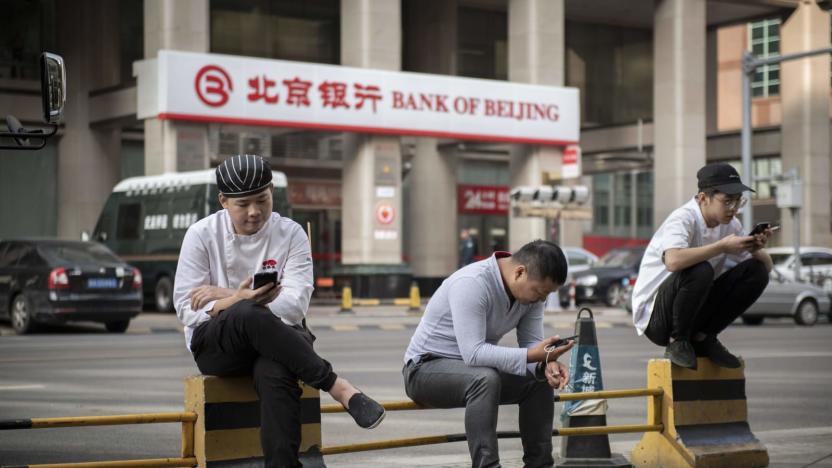
China now requires face scans to sign up for phone service
China is as determined as ever to link real identities to the digital world. As of December 1st, anyone signing up for a new cellphone or cellular data contract is required to not only show their national ID card, but submit to a face scan to verify that identity. It's ostensibly meant to reduce fraud, but it also reduces your ability to use phone services in an anonymous way -- it'll be that much easier for the Chinese government to silence dissenters.

Facebook is testing a face detection tool to verify your identity (updated)
Facebook isn't entirely shying away from facial recognition, it seems. Code explorer Jane Manchun Wong has discovered a reference to a purported facial recognition system in Facebook's mobile app that would verify your identity. You'd have to take a "video selfie" where you look in different directions to give Facebook a more complete view of your face. It would bit like Apple's Face ID and similar systems, but there's no evidence it would require a depth sensor. Facebook vows that "no one else" will see the video and that it'll delete the clip after 30 days, although that's not quite as secure as systems like Face ID (which doesn't allow data to leave the device, and only captures "mathematical representations" of your face).
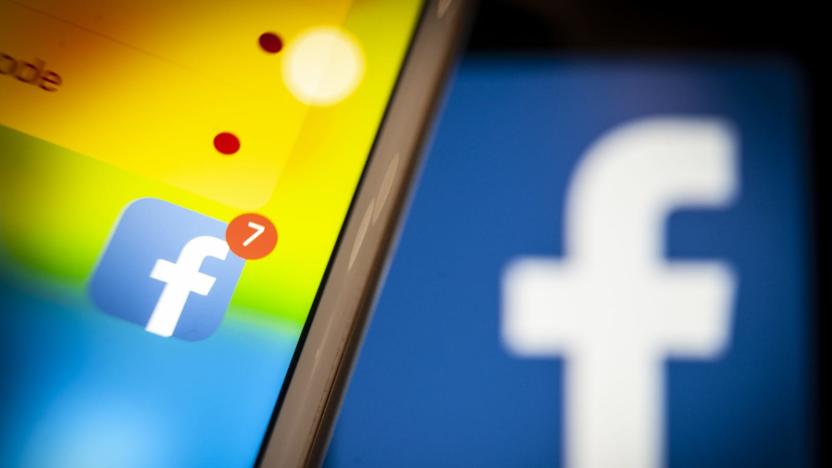
Facebook stops scanning faces by default
Facebook is directly tackling complaints about its facial recognition practices for photo tagging. It's expanding access to its Face Recognition privacy setting (introduced in 2017) to all users, and will stop scanning faces by default. Those who don't have the setting will have to explicitly grant permission for it. You'll get a notice when the feature is available, but nothing will happen if you ignore the alert. Friends can still tag you by hand -- they just won't get automatic suggestions based on face recognition.
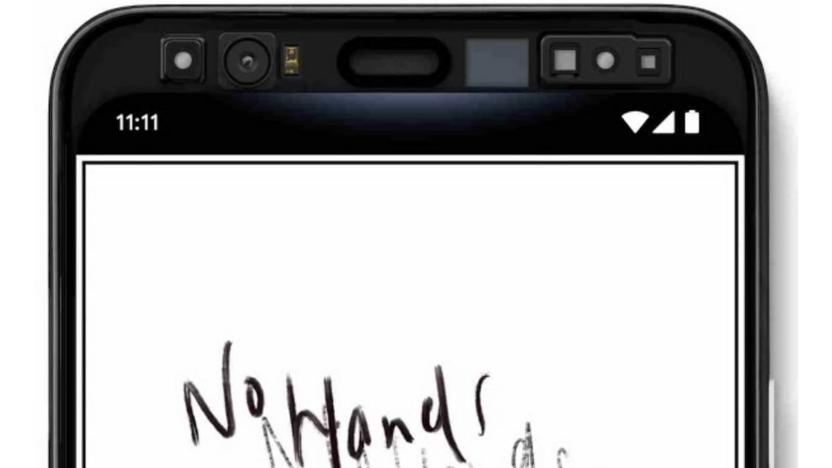
Google paid passers-by for face scans to improve the Pixel 4
Reports have swirled for days of Google paying people $5 in gift certificates to scan their faces, and now it's clear just why: it's for the Pixel 4. Google has confirmed to The Verge that the paid scans were meant to improve the accuracy of the Pixel 4's face unlock feature by collecting more face data and improving algorithms. Facial recognition has a history of bias in gender and skin color, Google said, and it was important to offer both "inclusiveness" as well as "robust security and performance."

Google confirms Pixel 4 will support face unlock, touch-free gestures
Google is once again validating rumors about the Pixel 4, this time for its touch-free control. The company has confirmed that its next flagship phones will include motion-sensing Soli radar that lets you skip tracks, silence phone calls and otherwise control key phone tasks by waving your hand. Consider it a potentially more sophisticated take on the LG G8's gestures. Moreover, Soli will play a key role in one of the Pixel 4's other signature features: secure face unlock.
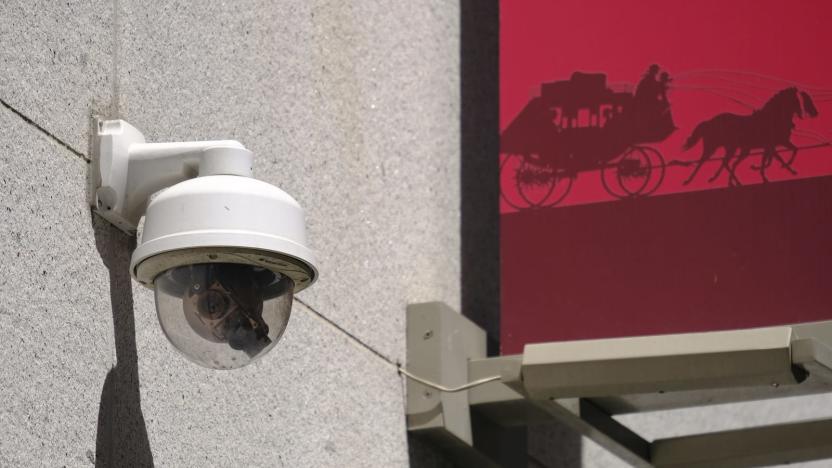
Lawmakers call for regulation of facial recognition tech
A bipartisan group of lawmakers is calling for regulations to restrict the use of facial recognition technology before "it gets out of control," according to the Washington Post. Members of the Congressional House Oversight and Reform Committee held a hearing on the topic today, during which legislators from across the political spectrum expressed concern over the use of software that is used to identify individuals, raising questions as to the technology's accuracy and its impact on privacy and civil rights.
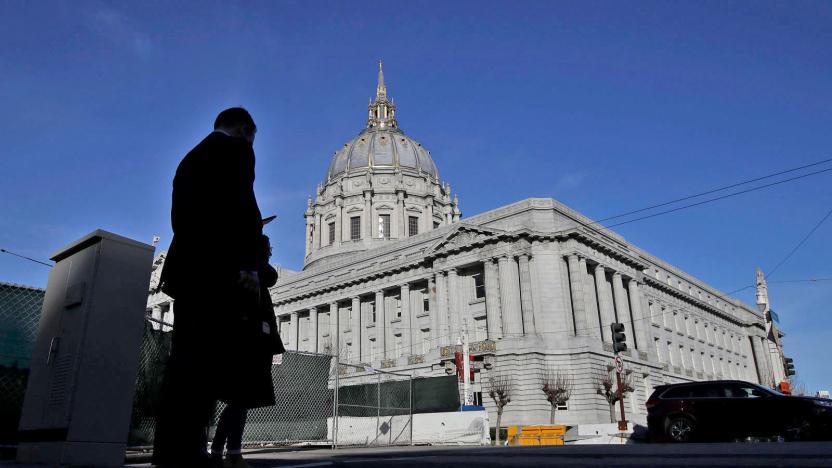
San Francisco bans city use of facial recognition
San Francisco is following through on talk of banning facial recognition tech. The city's Board of Supervisors has voted 8-1 in favor of a bill, the Stop Secret Surveillance Ordinance, that bans city government (including police) from using facial recognition technology. It also demands a public oversight body for surveillance technology purchases such as license plate readers and Stingray cell tower spoofers. The move makes San Francisco the first city in the US to outright ban government adoption of facial recognition tech.

Students design a facial recognition cane for blind people
Facial recognition technology has many use cases, but none nearly as significant as this next one might be. A group of students at Birmingham City University are developing a smart cane, dubbed XploR, which uses a combination of hardware and software to help the visually impaired easily identity family and friends. The device is powered by a smartphone's face recognition features, GPS and Bluetooth, allowing blind people who use it to detect faces up to roughly 33ft away. If the cane does recognize someone, it then sends a vibrating signal to the person and guides them via an ear piece -- for reference, the images of loved ones can be stored on an SD card.

Facebook said to bring back some face-recognition features in the EU
In the past, European data authorities haven't been very receptive of Facebook's facial-recognition software. But it looks like that might be changing soon. According to TechCrunch, the social networking titan has (quietly) started to restore some face-recognition services in Europe, though there are a few compromises to consider. What this means is that Facebook users across the pond are once again seeing the "tag suggest" option within pictures they have uploaded, but it can only be used on friends who are in the US and have the tagging feature enabled on their accounts. Perhaps, Facebook's finally managed to address the concerns Euro officials had with its savvy tech, and that could be why the changes have taken place. With nothing confirmed, however, we reached out to Facebook for comment and will update this story if we hear back.

UK police begin trialling the world's fastest face recognition tech
With more than six million CCTV cameras in operation, Britain is the most watched country in the world. London's police officers are trialling body-worn cameras to help bring about "speedier justice," but only now are other forces beginning to find efficient ways to process that surveillance. Leicestershire Police today confirmed it has become the first force in the UK to test NEC's NeoFace face recognition software, which it hopes will "transform the way criminals are tracked down." NeoFace's strengths lie in analysing "dozens" of facial features from digital images captured by CCTV or police body cameras and matching them with the 90,000 photos stored on Leicestershire Police's database.

Apple files patent application for fingerprint sensor that can be transparent or opaque
While Apple has flirted with biometric-based patents before, we've yet to see them implemented in real-world technology. That hasn't stopped it from filing yet another one though, as the latest application reveals a fingerprint sensor apparently embedded into the iPhone itself. The patent describes a hardware "window" that can become selectively "transparent or opaque." When transparent, it would reveal a component comprised of an "image capture device, a strobe flash, a biometric sensor, a light sensor, a proximity sensor, or a solar panel, or a combination thereof" as a method of unlocking the phone. According to the filing, the biometric sensor in question might indeed be a fingerprint reader. The document goes on to describe an alternative method using face or eye recognition technology that can be used not just for security purposes, but for possible e-commerce solutions like completing an online transaction. Of course, take any of these patent applications with a generous pinch of salt -- we haven't seen an Apple stylus yet, for example -- but perhaps this is the reason Apple bought fingerprint sensor maker AuthenTec back in July.







